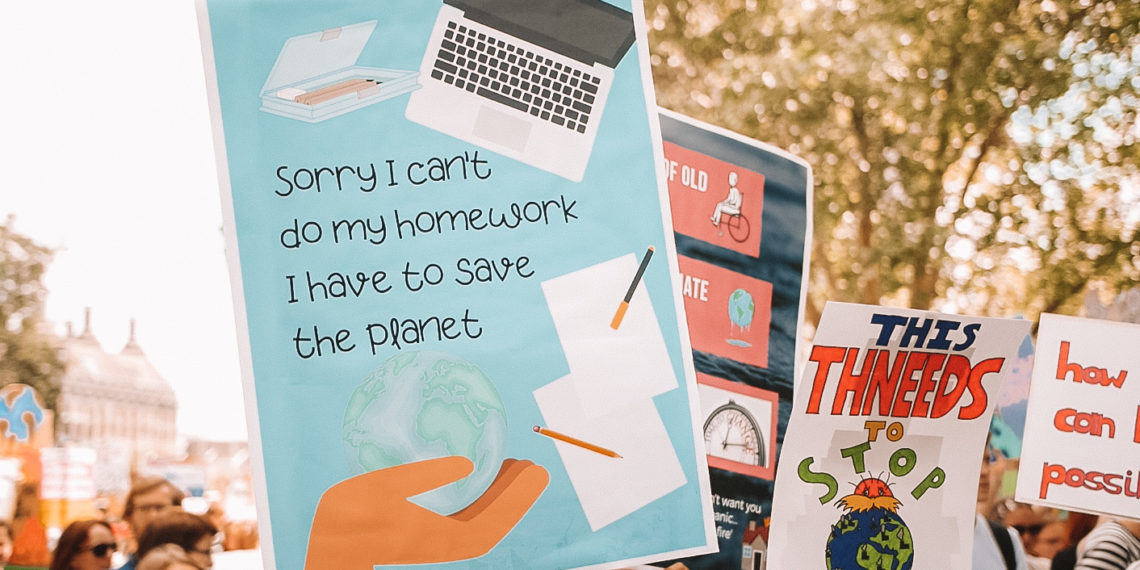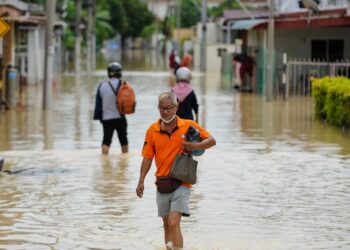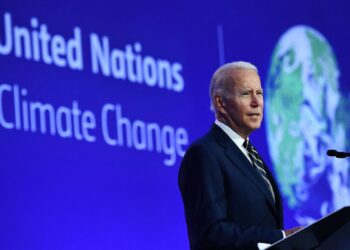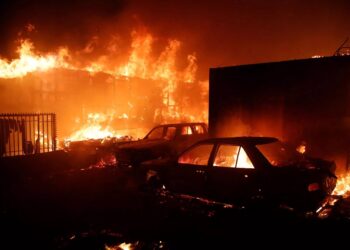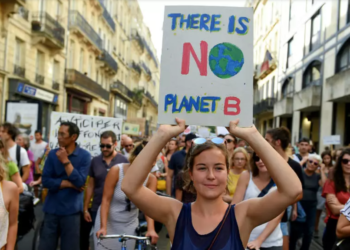Young people all around the world have risen up and decided to strike for action on climate change. The shift in public awareness comes against a background of the energy industry, political lobbyists, media moguls, and individuals spending the last 30 years sowing doubt about the reality of climate change.
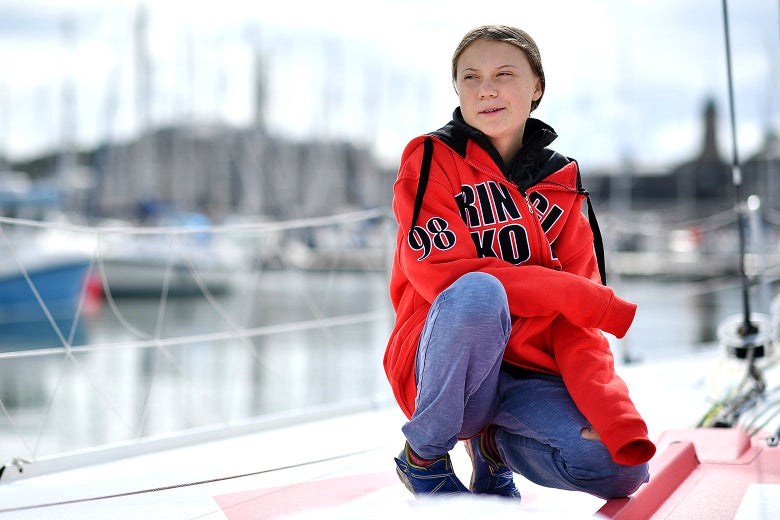
The latest estimate is that the world’s five largest publicly owned oil and gas companies spend approximately $200 million per year on lobbying to control, delay, or block binding climate-motivated policies.
Their hold on the public, however, seems to be waning. This must be a major shift because the climate change deniers’ latest approach is to mock young people going to the climate protests and to ridicule the 16 year-old-activist Greta Thunberg, who is simply telling the scientific truth. Their delaying action seems to be failing, and their new, vicious approach has now been referred to as “climate sadism.”
Changing World
Why has the world changed and why are these expensive lobbyists being ignored? Why have ordinary people realized that climate change is worse than they thought and decided to go on climate protests, even gluing themselves to trains and buses? And why are school children all around the world going on school strikes?
To answer these questions, I decided to interview my 13-year-old daughter Abbie, who went to a climate strike in May and will join the next one, and all the others planned.
Abbie, why did you go on strike?
Abbie: Because governments around the world do not seem to be doing anything about climate change. I want to convince people that global warming is more important than anything else. I am protesting not just so governments do more but so that people can do more as it is everyone’s responsibility. Melting ice caps, rising seas, heat waves, coral bleaching, wildfires, storms, and floods all seem to be happening at the same time. We need to save our planet.
What do you think adults should do to fix the climate?
Abbie: There are so many great ideas people have to fix our climate and improve our lives. I think everyone should have an electric car. It would make air pollution much better, which is important especially since I have asthma. People can get their electricity from renewable energy, and they can fly less. Trains are great, why don’t we all use them? We can all eat less meat, there would be less carbon, and we would all be healthier. I don’t understand why people vote for politicians that will not help them or the planet.
What did you think of your first climate protest?
Abbie: There was this amazing atmosphere. We all met at 11 am outside the U.K. Houses of Parliament. It was warm and sunny, and there were thousands of young people with banners and placards ready to march and protest. Everyone was so happy and positive to be there, and I remember kids my own age using megaphones to get us all to chant “This is what democracy looks like.” I felt like we were making a difference. Why can’t we bottle all that positive energy and make the world better?
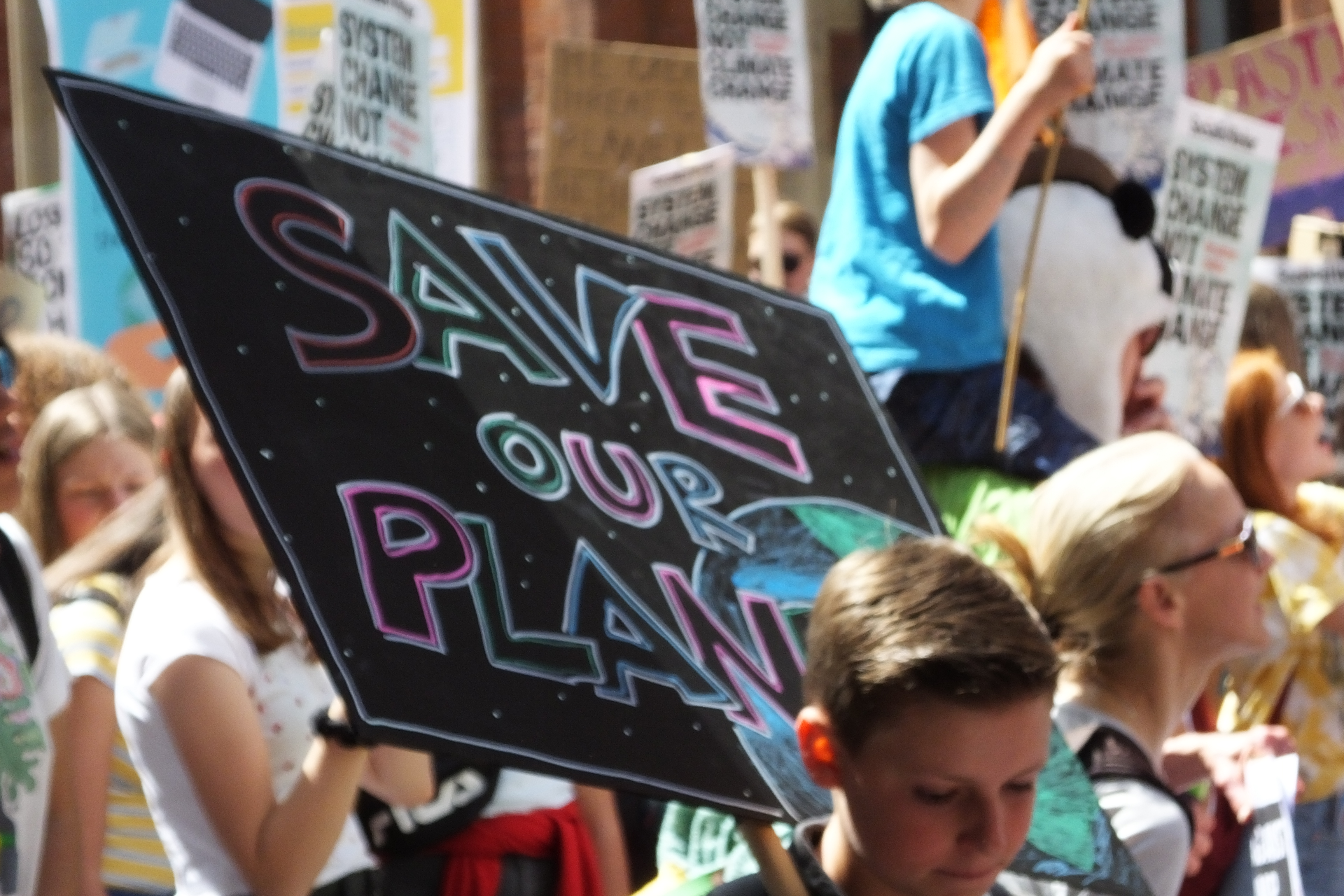
Will you go to the next climate schools strike?
Abbie: Me and my friends will go to as many as it takes to change the views of adults as they do not seem to care. Or worse, they talk about how complicated everything is so they cannot do anything. The advice of the scientists is very clear, and I don’t understand why people do not want a safer, healthier, and happier world.
What would you say to people who insult Thunberg and other people protesting?
Abbie: I am sad that people feel so threatened by young people wanting to make the world a better place for everyone that they have to attack and insult us. I like the way Greta has responded to them for all of us. She wrote, “When haters go after your looks and differences, it means they have nowhere left to go. And then you know you’re winning!” This is so true in school and life – as soon as people start to call you names and be mean you know they have no arguments left. But I think what confuses all of us is why they want to stop us. I really, really hope I am not like them when I am an adult.
Globalized Generation
The climate strikes are important because they empower young people who feel ignored. My daughter feels like she, and normal people like her, can make a difference. It has also made them realize at a very young age that certain people will do nearly anything to maintain the status quo and of course, their power. We have educated a whole new generation about the nastiness of power politics, and they have to grow up quickly.
We have to remember that this new generation is completely different from all previous generations. My daughter is part of the first truly globalized generation. Through her phone and tablet, she can engage with almost every single person on the planet. She can collect knowledge from anywhere at the click of a button. Abbie’s generation knows the science of climate change is real and can see through the deniers’ lies because this generation does not access traditional media – in fact, they bypass it.
“I think what we should do as individuals is to use the power of democracy to make our voices heard and to make sure that the people in power actually cannot continue to ignore this.”
A clip from last night’s interview on The Daily Show with Trevor Noah. https://t.co/teDdINRwpo
— Greta Thunberg (@GretaThunberg) September 12, 2019
This generation knows how small the world is and how easy it is to have a detrimental impact on it. Climate change does not surprise them, but it certainly concerns them.
What struck me most was my daughter’s views on politicians. She does not understand why our leaders are not doing the right thing. This is a view repeated again and again in the marches. The next generation will demand better leaders, ones that really care about the people and the planet.
Disclaimer: The views and opinions expressed here are those of the author and do not necessarily reflect the editorial position of The Globe Post.

